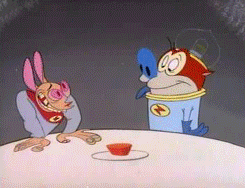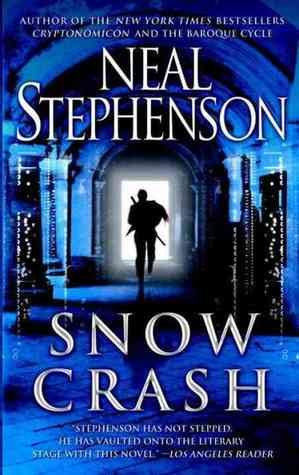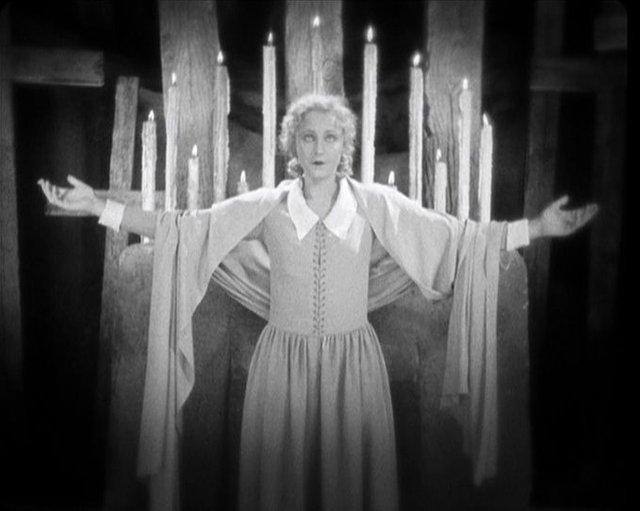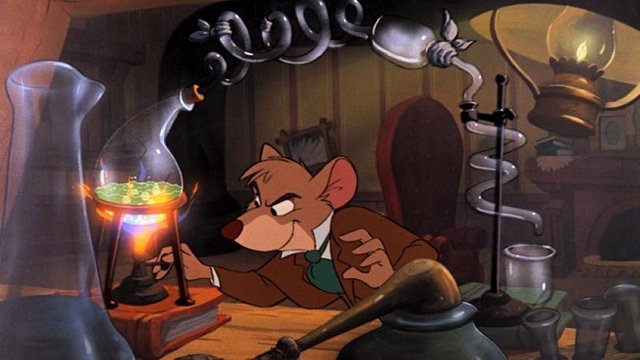The Writer as Educator
This post was co-published at talanhorne.com.
Now this is a dangerous subject, if ever there was one.

Because trying to inject any kind of learning into your written work will always come dangerously close to soapboxing. And it doesn't matter what subject you're trying to teach: math, astronomy, ethics, history, economics, or whatever else. As soon as your work begins to be perceived as "educational", it attracts the scrutiny of all those same experts who comb textbooks for inaccuracies.
And if even board-certified textbooks contain inaccuracies, think how much worse off you would be writing fiction. Pity those poor fools writing hard science fiction, who dare to blend real scientific discoveries with such a speculative genre. If the current scientific understanding of a subject later turns out to be wrong, then the book ends up feeling dated or utterly ridiculous. Same thing happens if the current science is correct but your speculations and predictions are off.
Of course, if you get it right, then you end up looking like some genius wizard who can see the future.

This book came out in 1992.
But when we control for survivorship bias, you'll find that trying to educate the reader, in any authoritative way, on any subject in which there is room for disagreement, is an odds-long proposition, and you're likely to end up shooting yourself in the foot.
That said, it's hardly unexpected to actually learn something by reading a book. Books are repositories of data. They can, on occasion, contain facts and reveal previously unknown truths. And if books are not useful as educational tools, then why are they the go-to treatment for the problem of ignorance? Every political and economic movement has begun with a book, whether that book be Common Sense, by Thomas Paine, The Capital, by Karl Marx, or even Anne of Green Gables, which, interestingly enough was a pivotal text in introducing western culture and sensibilities to Japan.
Naturally, almost all religious movements begin with a book, as well.
So the writer's position as educator seems like a given. Though this is a dangerous position to be in as a writer, as I have previously warned about the dangers of putting writers on a pedestal. This creates unrealistic expectations, as people demand that the author become the figurehead of this ideology or that. When, for the most part, most authors are just trying to make money by telling stories.
But if we dare dip our toes into this practice, then there are a few approaches we can take.
Teaching Correct Behavior and/or Philosophy

Easily done through books, especially when the author makes clear that he is teaching principles relevant to the real world.
But it is not a good approach when the author's intent is to write fiction.
Which is not to say that you can't have a fictional account where a character learns correct behavior or adopts a new philosophy. But when you, as the author, begin to legislate this morality onto the reader, you are writing something called "Message Fiction."
And message fiction is lousy. It's the author's way of claiming moral superiority, and always comes across as self-indulgent.
So much so that I have only seen one instance of obvious message fiction that was not instantly repulsive, and that was the German silent film, Metropolis.

This film makes no attempt to conceal the fact that it is a morality play. Yet it avoids becoming odious by the fact that the message is a humble one, where both sides of the argument are depicted as wrong, and the compromise that eventually presents itself is hard won and not, by any means, an easy answer.
If you are dead set on teaching people your own concept of correct behavior, you are better off writing an essay or tract, or, at best, the kind of anecdotal stories that appear in Aesop's fables. Religious texts, too, are known to illuminate orthodoxy through stories, but these, too, are anecdotal and tend to lack a unifying narrative (which is perhaps the biggest reason why so many film adaptations of Biblical events wind up being awful). These texts are sermons first, and stories after.
Teaching Science and/or Vocational Skills

This an area where fiction can be helpful, but where it needs to tread carefully.
Because it's possible portray true technical skill in a fictional setting, if the right research is done. If the writer has been immersed in the study of, say, surgical practices, or fractional reserve banking, or chemical engineering, or aviation, or stock car racing, then the writer can also describe what it is like to be a practitioner of these vocations or a student of these sciences.
But sometimes this can also be a distraction. If, for example, the writer drones on and on about the fifty-million steps needed to perform a proper brain surgery, the audience may get alienated. The hick writer who glosses over the fact, and just writes, "And after Dr. Milton was done with brain surgery he got himself a bagel," may end up being of more use to the story than the detailed and accurate description.
Though sometimes the story appreciates a good dissertation into complicated subjects. How many people would be aware of Einstein's theories of relativity if it weren't for their persistent presence in science fiction? It may even be more digestible when tucked into a work of fiction like Ender's Game, where relativity serves as an important plot point, than it is in a non-narrative text. And because Ender's Game surrounds the scientific concept of relativity with characters who already take it as a given, the reader doesn't have to think too hard about how it works, and can instead see it working.
Teaching History and/or Mythology

And this is where fiction has the greatest advantage as an educational tool, because it is easy to include all the actual historic events in a story that you're writing, while filling in the gaps with an original narrative.
Because every historical account has gaps. It's a natural result of the way history plays out. For each event that gets immortalized in song and story, there are 99 that are too boring for anyone to bother writing down.
But this is a blessing in disguise, because it allows the fiction writer to improve history while not changing any of the big important stuff.
And if the writer happens to get a few things right, about clothing, or food, or other aspects of day-to-day life, then the reader will actually learn something about the past. One really good way to do this is to just write contemporary fiction, and let the long, slow march of time turn it into period fiction. That way, you're sure to be an expert on the subject.
Conclusion
It's best not to go into writing with the preconception that you are an educator. A book is no substitute for a real teacher. At best, you, as the author, can be a reference---an introduction to a subject or a stepping stone to deeper knowledge. And a lot of educational books are reference books. Just look at an encyclopedia.
Drawing on real-world science and events can give a shot in the arm to sci-fi and historical fiction, but there is too often the danger of becoming message fiction, even when teaching mundane subjects.
Better to consider it a happy accident when the reader obtains practical knowledge from a narrative story, because trying to hold a fiction author to the standard of complete accuracy is a contradiction in terms. And no amount of research will ever be enough to get rid of all the errors and false assumptions in the work.
And requiring the fiction author to be your teacher or your priest only adds another burden to their already neurotic lifestyle (authors are always breaking their brains while fretting over details; sometimes it's best to let them believe that there's nothing left to be fixed).
If you don't try too hard to get an education, you might just become serene enough to learn something.
the thought's really matters nicely written post thanks for sharing bro :)
Congratulations @talanhorne
MinnowsPower listed your post "The Writer as Educator" as one of the top 5 upvoted and commented posts of the day...!!!
Exceptional article as a reference for writers...!!!
50% Upvoted by @MinnowsPower
MinnowsPower is not a bot, I am a Crowdfunding Hybrid
One small UpVote of Yours build MinnowsPower and MinnowsPower will Not Forget Your Support...!!!
(Limited Service Offer) Send 0.01 SBD and get $0.025 - $0.03 worth upvote from @MinnowsPower
@talanhorne - Sir, this article proves me you are a good writer. Very valuable content for writers. Nice you decided to share it Sir....
+W+ [UpVoted & ReSteemed]
amigo #resteemia at your service
a best article for the authors & writers. impressive work @talanhorne
ReSteemia
'UpVoted ReSteemed Commented'
That's awesome dude really interestingly written :)
Good post friend and very interesting.
excellently written very cool it was :)
this make me feel i need to learn a lot still :D
education no doubt plays a big role unless it comes naturally not forcefully !!